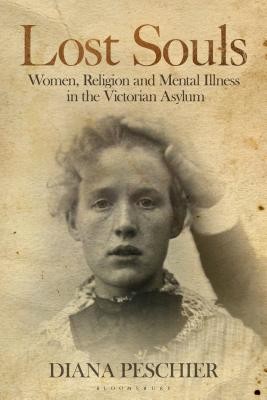
- We will send in 10–14 business days.
- Author: Diana Peschier
- Publisher: Bloomsbury Academic
- Year: 2019
- Pages: 224
- ISBN-10: 1788318072
- ISBN-13: 9781788318075
- Format: 15.2 x 23.6 x 2 cm, kieti viršeliai
- Language: English
- SAVE -10% with code: EXTRA
Reviews
Description
How did the Victorians view mental illness? After discovering the case-notes of women in Victorian asylums, Diana Peschier reveals how mental illness was recorded by both medical practitioners and in the popular literature of the era, and why madness became so closely associated with femininity. Her research reveals the plight of women incarcerated in 19th century asylums, how they became patients, and the ways they were perceived by their family, medical professionals, society and by themselves.
EXTRA 10 % discount with code: EXTRA
The promotion ends in 23d.03:03:46
The discount code is valid when purchasing from 10 €. Discounts do not stack.
- Author: Diana Peschier
- Publisher: Bloomsbury Academic
- Year: 2019
- Pages: 224
- ISBN-10: 1788318072
- ISBN-13: 9781788318075
- Format: 15.2 x 23.6 x 2 cm, kieti viršeliai
- Language: English English
How did the Victorians view mental illness? After discovering the case-notes of women in Victorian asylums, Diana Peschier reveals how mental illness was recorded by both medical practitioners and in the popular literature of the era, and why madness became so closely associated with femininity. Her research reveals the plight of women incarcerated in 19th century asylums, how they became patients, and the ways they were perceived by their family, medical professionals, society and by themselves.


Reviews